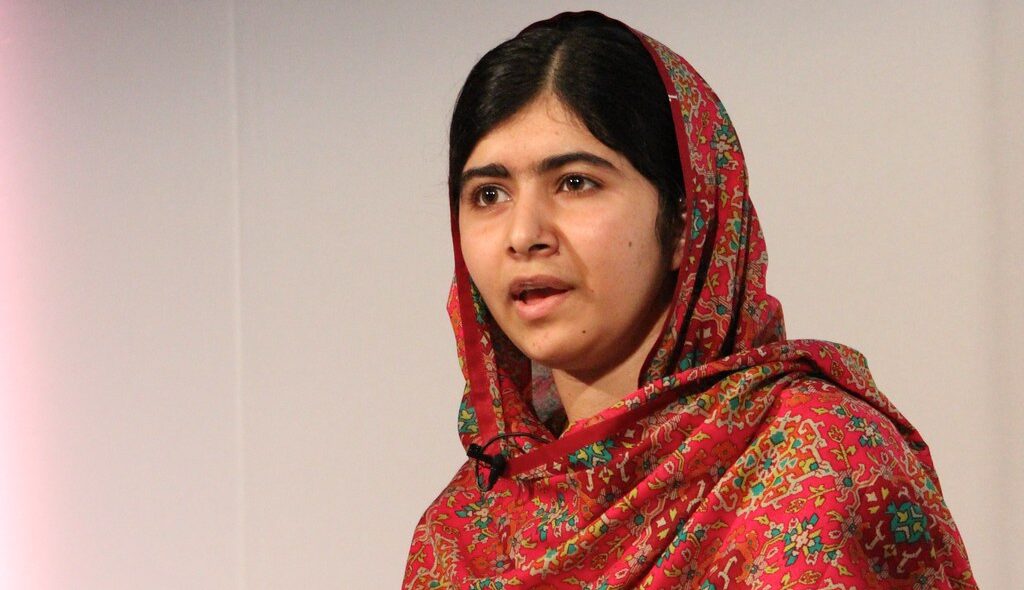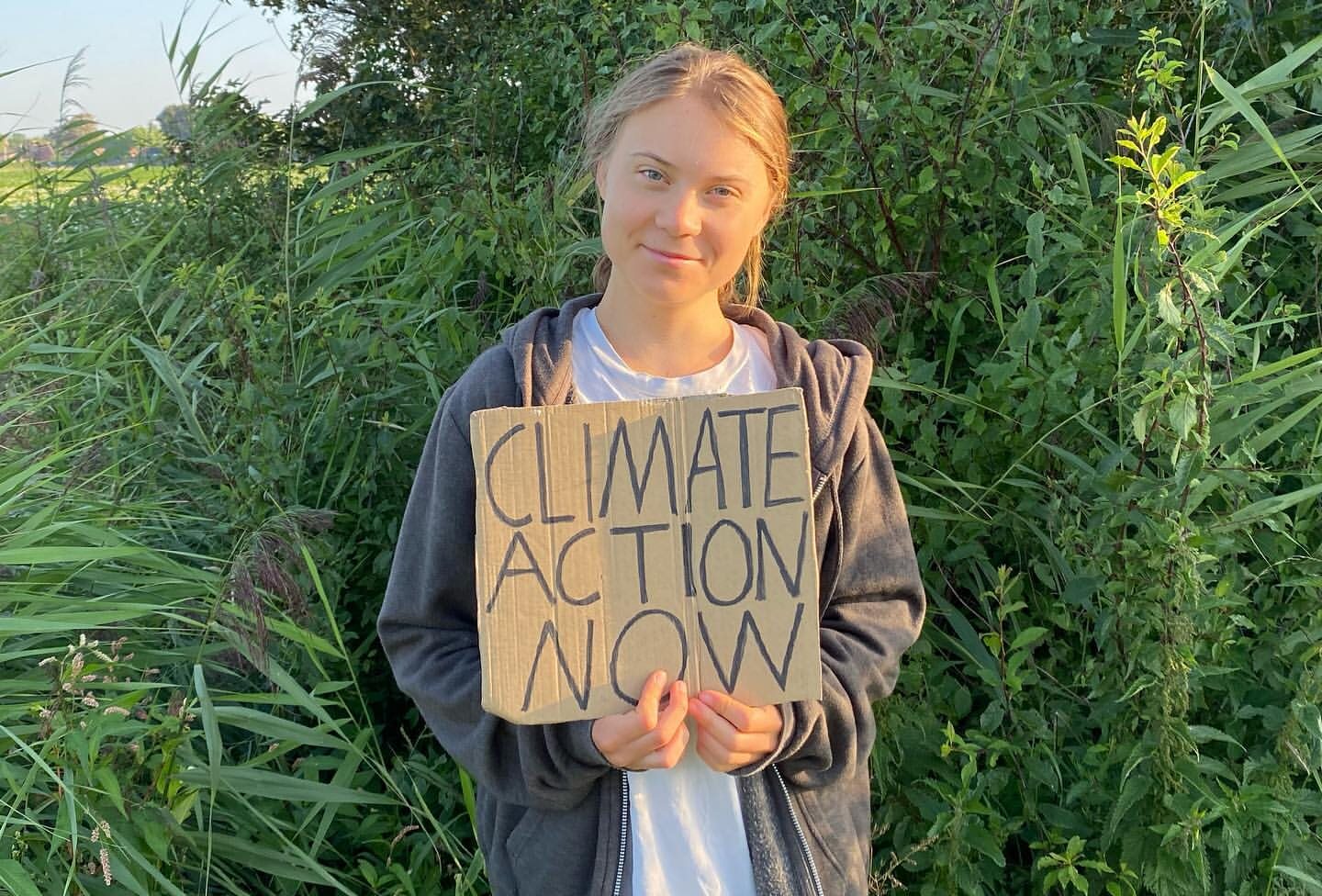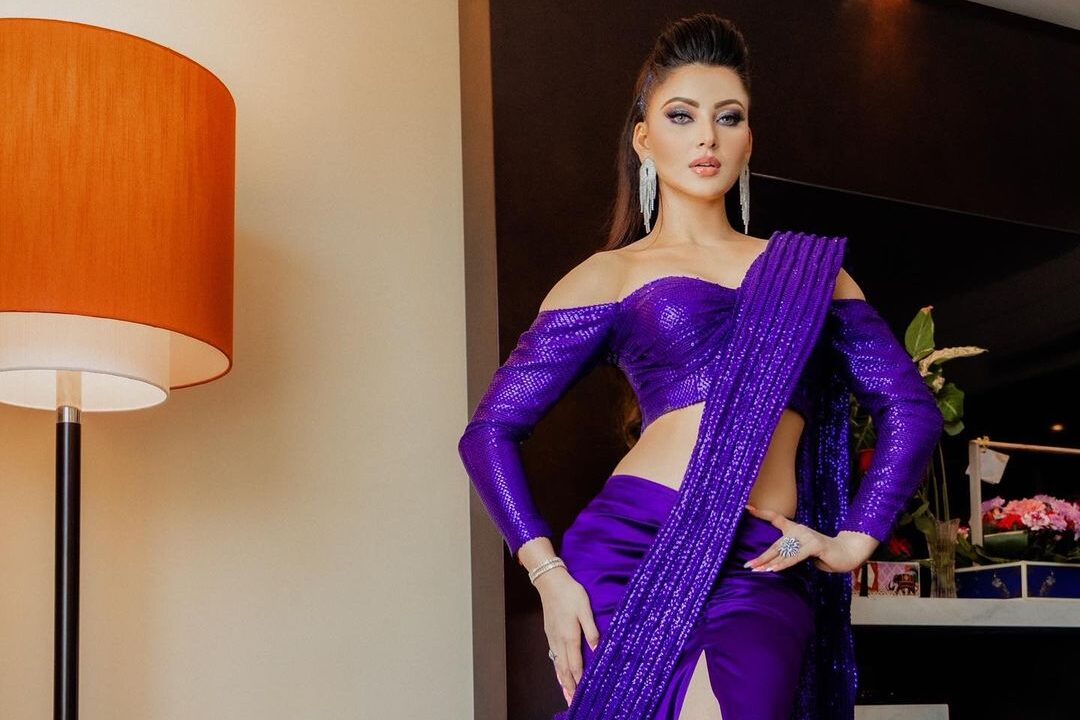Malala Yousafzai, a Pakistani activist for female education, Nobel Prize laureate, and one of the most prominent advocates for women’s rights, has faced controversies, though they are significantly fewer compared to her achievements and contributions. Here are three notable controversies associated with her:
Criticism in Pakistan: One of the primary criticisms leveled against Malala within Pakistan is the perception that she is a pawn or tool of Western influence, particularly the United States. Some critics argue that her advocacy for education and women’s rights aligns too closely with Western agendas, and they accuse her of promoting values that are contrary to Pakistani culture and traditions. This criticism is often fueled by conspiracy theories and anti-Western sentiment prevalent in certain segments of Pakistani society.
In 2012, following Malala’s shooting by the Taliban, a number of Pakistani commentators and religious leaders suggested that she was being used by Western powers to undermine Islam and Pakistani sovereignty. Some went as far as to label her as a “Western stooge” or an agent of foreign intelligence agencies. These accusations were amplified by sections of the media and online platforms, contributing to widespread skepticism about Malala’s motives and intentions.
Following the release of Malala’s memoir, “I Am Malala,” in 2013, there were voices within Pakistan questioning the accuracy of her account and casting doubt on the authenticity of her narrative. Some commentators accused her of distorting the reality of life in Swat Valley under Taliban rule to fit a Western narrative of oppression and victimhood.
Reaction to Nobel Peace Prize: The reaction to Malala Yousafzai’s Nobel Peace Prize win in 2014 indeed sparked a range of responses, particularly within Pakistan and among conservative circles. Many viewed Malala’s Nobel Peace Prize win as politically motivated, suggesting that it was orchestrated by Western powers to serve their own interests. They argued that Malala’s advocacy for education and women’s rights was being used as a tool to promote Western agendas in Pakistan and other Muslim-majority countries. This viewpoint often emerged from nationalist or anti-Western sentiments within Pakistan.
Another aspect of the criticism surrounding Malala’s Nobel Prize win was the perception that other deserving candidates were overlooked or ignored in favor of her. Some individuals within Pakistan and elsewhere felt that there were other activists or organizations working for peace and human rights who had equally compelling stories but did not receive the same level of recognition. There were voices within Pakistan’s civil society who argued that individuals such as Abdul Sattar Edhi, a renowned philanthropist and humanitarian, or the Pakistan-based Edhi Foundation were equally deserving of the award due to their extensive contributions to social welfare and peace-building efforts.
Controversy Surrounding Her Memoir: Malala’s memoir, “I Am Malala: The Story of the Girl Who Stood Up for Education and Was Shot by the Taliban,” co-written with British journalist Christina Lamb, sparked controversy upon its release in 2013. While the book primarily focuses on her advocacy for education and her survival after being shot by the Taliban, it also provides glimpses into various aspects of Pakistani society, culture, and politics. Malala vividly describes the impact of militancy and extremism on Pakistani society, particularly in regions like Swat Valley where the Taliban gained influence. She narrates the fear and uncertainty experienced by people living under Taliban rule, including the closure of schools and the imposition of strict rules and regulations. Some individuals, particularly in Pakistan, criticized the book for allegedly painting an overly positive image of Western countries, particularly the United States and the United Kingdom, where Malala received medical treatment and later settled. Additionally, there were concerns raised about the accuracy of certain events depicted in the memoir. Many argue that the memoir may not accurately represent the complexities of Pakistani society and culture.





Invest today and become the next millionaire http://go.sekubaiz.com/0m8r
Программы реабилитации для алкоголиков: путь к трезвости и счастливой жизни
реабилитационный центр для алкоголиков цены https://www.vyvod-iz-zapoya163.ru/samara/czentr-reabilitaczii-ot-alkogolizma/ .
Оазисы спокойствия: лучшие отели для релаксации и восстановления сил
рейтинг недорогих отелей http://reitin-otelei.ru/ .